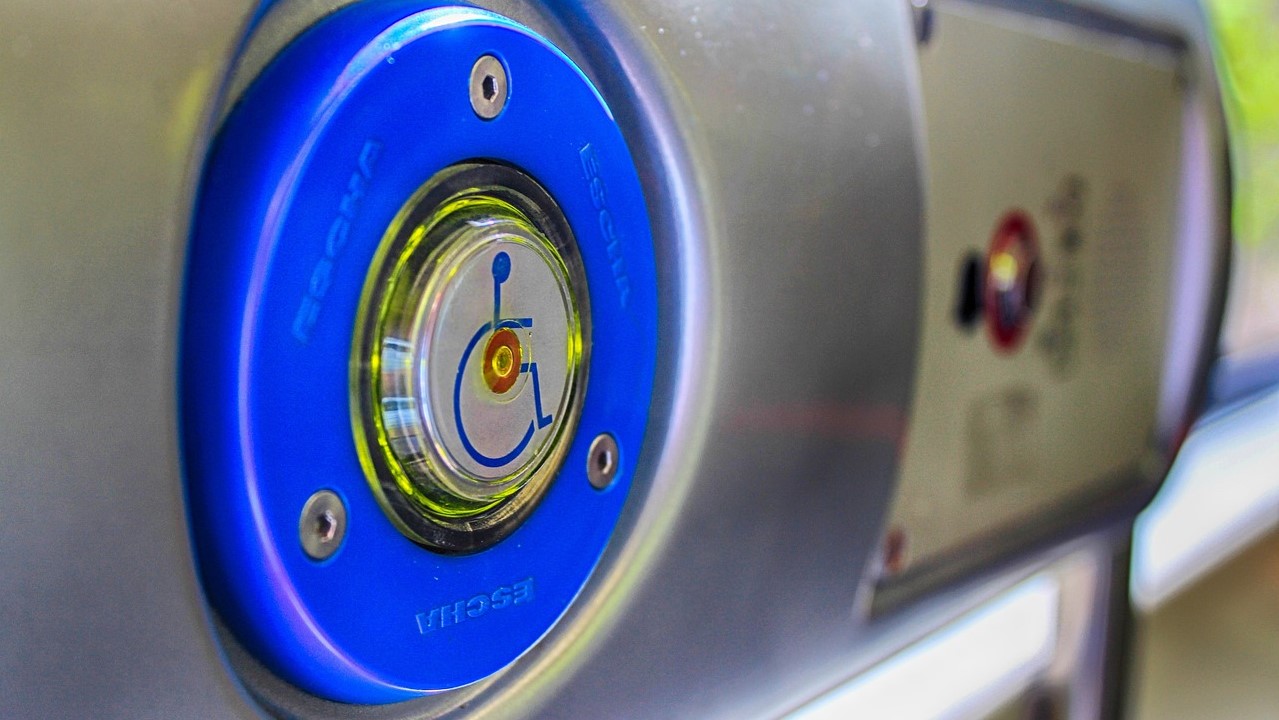
One billion persons with disabilities, who comprise approximately 15% of the world’s population, are at higher risk of sustaining injuries from road crashes (according to data from Eastern Alliance for Safe and Sustainable Transport (EASST)). Vulnerable road users, especially persons with differing impairments, including physical, visual or hearing and cognitive impairments, are often socially excluded due to unsafe road conditions. According to EASST, 66% of disabled people in Azerbaijan describe using the bus as “very difficult” , “impossible” or simply “not accessible”. Public transport systems need to incorporate the needs of all people, including those with disabilities to provide safe and sustainable transport. If an individual’s mobility choices don’t enable them to participate fully in society or fulfill their own potential, their rights are being denied.
EASST, through their EASST Academy as part of their capacity building plan, has developed a free professional online disability awareness course. It is targeted at transport managers and senior drivers of bus and trolleybus companies in low- and middle-income countries. The objective is to equip them with information needed to make decisions that make public transport services more accessible and inclusive by recognizing the specific needs of persons with disabilities to enable them to confidently travel independently.
Through video testimonies, reading materials, presentations and quizzes, the course offers practical guidance to a deeper understanding of different disabilities and how to appropriately support them. The course directly involves persons with disabilities, sharing their experiences of using public bus and trolley bus services as they suggest recommendations for improvement. Involving communities in designing and building streets helps decision makers to cater for all road user needs. It creates a platform for meaningful participation and involvement of those directly affected by the decisions made as they share their personal experiences. This informs those who decide, plan and design, and equips them with information needed to make better decisions that accommodate the needs of the overlooked groups.
Check out the course HERE. Read more about EASST Academy HERE.